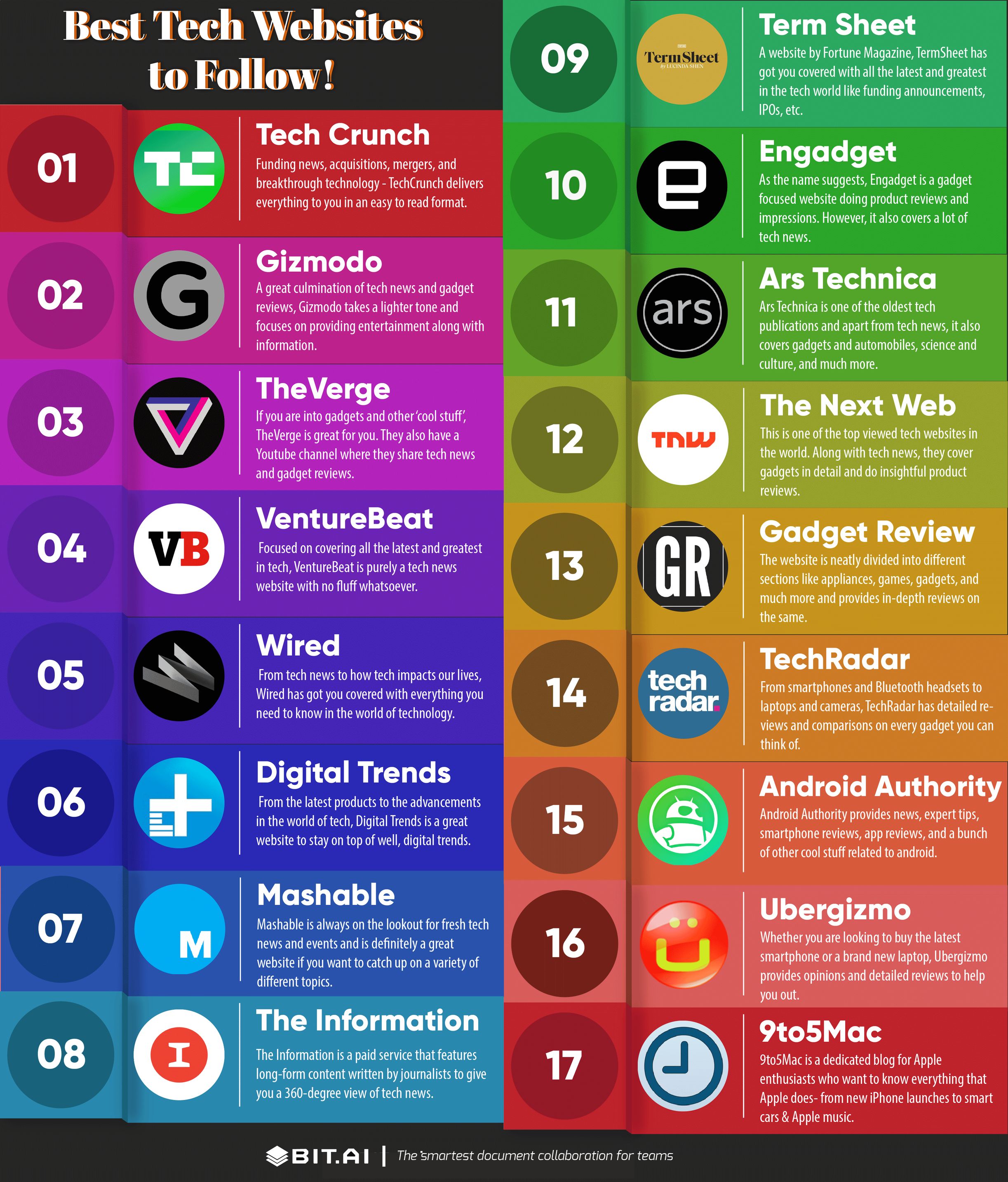Discover Thought-Provoking Articles on the Best tech blog for Tech Lovers
Discover Thought-Provoking Articles on the Best tech blog for Tech Lovers
Blog Article
Exactly How Blockchain Modern Technology Is Revolutionizing Information Safety And Security
Blockchain modern technology is essentially modifying the landscape of information security by introducing a decentralized framework that guarantees improved transparency and durability. Unlike typical systems, which count on centralized information databases, blockchain distributes information throughout a network, decreasing vulnerabilities and single factors of failing. The usage of advanced cryptographic techniques makes sure that information remains tamper-proof, fostering depend on among users and stakeholders. As sectors swiftly adjust to this innovation, inquiries emerge about its more comprehensive influence and potential obstacles. What ramifications does this shift hold for future information protection approaches and regulatory structures? The answers might surprise you (Best tech blog).
The Essentials of Blockchain
Blockchain modern technology, an innovative idea in electronic data monitoring, basically transforms just how information is saved and protected. At its core, a blockchain is a distributed ledger that tapes transactions across a network of computers, ensuring openness and immutability.
Key to comprehending blockchain is the hashing procedure, which encrypts purchase data into an one-of-a-kind alphanumeric code. This cryptographic function makes sure that any kind of modification in the purchase information results in an entirely different hash, therefore safeguarding against tampering. The agreement system, another essential component, confirms and verifies new deals through a network of nodes, therefore removing the requirement for a central authority.
Furthermore, blockchain's append-only framework guarantees that information, once added, can not be erased or changed. This characteristic warranties a long-term and verifiable document of deals, fostering trust fund among individuals. Consequently, blockchain provides a robust structure for data integrity, using sectors a reliable technique for tracking and managing digital details in a secure, clear fashion.
Decentralization and Protection
Decentralization, a core principle of blockchain technology, considerably boosts information security by distributing control across a network instead of depending on a singular, central entity. This circulation alleviates the danger of single factors of failure, which are prevalent in standard central systems. By spreading data throughout countless nodes, blockchain guarantees that also if one node is endangered, the entire network stays safe and secure. This redundancy not just strengthens the integrity of the information but additionally boosts its strength to cyberattacks and system failures.

Each participant in the network has access to the whole blockchain, permitting them to validate and audit deals independently. Generally, decentralization is crucial in boosting data safety and security in blockchain networks.

Cryptographic Methods
At the heart of blockchain innovation, cryptographic strategies play a critical function in protecting information, guaranteeing both privacy and stability. These strategies are fundamental to the blockchain's capacity to securely videotape deals in a decentralized fashion. Cryptography in blockchain uses a combination of symmetric and uneven algorithms to encrypt information, making it easily accessible only to accredited parties - Best tech blog. Public and exclusive essential sets are main to this procedure, permitting for secure verification and identification verification without revealing delicate information.
Hash features are an additional essential part, transforming input data into a fixed-size string of personalities, efficiently developing an unique electronic fingerprint for each and every block. This ensures that any type of attempt to change the data will result in a totally various hash, hence preserving the immutability of the blockchain. Digital trademarks confirm the authenticity and stability of transactions, providing a layer of non-repudiation.
The decentralized nature of blockchain, incorporated with durable cryptographic techniques, removes the requirement for intermediaries, minimizing potential susceptabilities. As blockchain innovation progresses, developments in cryptography such as zero-knowledge evidence and homomorphic file encryption proceed to boost safety steps, additionally strengthening information defense in this advanced electronic journal system.
Usage Situations Throughout Industries

In the medical care sector, blockchain makes sure the safe and secure storage space and sharing of individual documents, advertising interoperability while protecting sensitive data from unapproved accessibility. This innovation equips clients with control over their case history and helps with seamless coordination amongst doctor.
Supply chain management benefits substantially from blockchain's immutable ledger, which guarantees traceability and authenticity of items from beginning to customer. By boosting openness, blockchain assists alleviate issues such as counterfeiting and unethical sourcing.
Additionally, blockchain's decentralized nature is improving the energy market by allowing peer-to-peer energy trading, where consumers can deal excess sustainable energy directly. This cultivates a much more lasting and reliable power ecosystem.
In the world of intellectual building, blockchain provides a tamper-proof system for designers to register and secure their works, ensuring rightful acknowledgment and reasonable settlement. These diverse usage situations underscore blockchain's duty as a critical pressure in redefining information safety and security throughout sectors.
Future of Information Protection
As we aim to the future of information defense, blockchain technology is poised to play a crucial role in protecting digital details. With its decentralized and immutable characteristics, blockchain offers a robust structure for safeguarding delicate data against unapproved access and cyber risks. This innovation ensures that when information is videotaped, it is nearly impossible to change without discovery, hence providing a considerable benefit over traditional information storage space methods.
The integration of blockchain with other innovative technologies, such as synthetic knowledge and the Internet of Things (IoT), is expected to improve information security methods additionally. By leveraging clever agreements, organizations can automate and impose safety and security protocols, decreasing human error and boosting performance. Furthermore, blockchain's capability article source to offer traceable and transparent transactions will certainly boost depend on and responsibility in information monitoring practices.
As regulatory landscapes evolve, blockchain's compliance-friendly nature will become significantly pertinent. It can aid organizations satisfy strict information defense policies, such as the General Information Defense Policy (GDPR) and the California Consumer Personal Privacy Act (CCPA), by giving verifiable documents of information processing tasks. Ultimately, blockchain's unique qualities placement it as a transformative tool in the continuous quest to secure the digital world against ever-evolving cyber hazards.
Conclusion
Blockchain innovation represents a paradigm shift in data safety and security by leveraging decentralization and cryptographic methods to boost openness, trust fund, and data honesty. Its capacity to get rid of solitary points of failure and use agreement systems considerably reduces the threat of fraud and cyberattacks. This cutting-edge structure not only encourages individuals with better control over their information but also aligns with regulatory conformity. As cyber dangers evolve, blockchain becomes an important device for robust data defense throughout various industries.
Blockchain innovation is essentially modifying the landscape of information security by introducing a decentralized framework that promises click this boosted transparency and durability. Unlike standard systems, which count on central information repositories, blockchain disperses data across a network, minimizing susceptabilities and single points of failure.Decentralization, a core concept of blockchain technology, significantly boosts information safety by distributing control across a network rather than depending on a particular, centralized entity.At the heart of blockchain technology, cryptographic strategies play an essential role in securing information, making certain both discretion and honesty.Blockchain modern technology resource stands for a standard change in information protection by leveraging decentralization and cryptographic techniques to improve transparency, depend on, and data stability.
Report this page